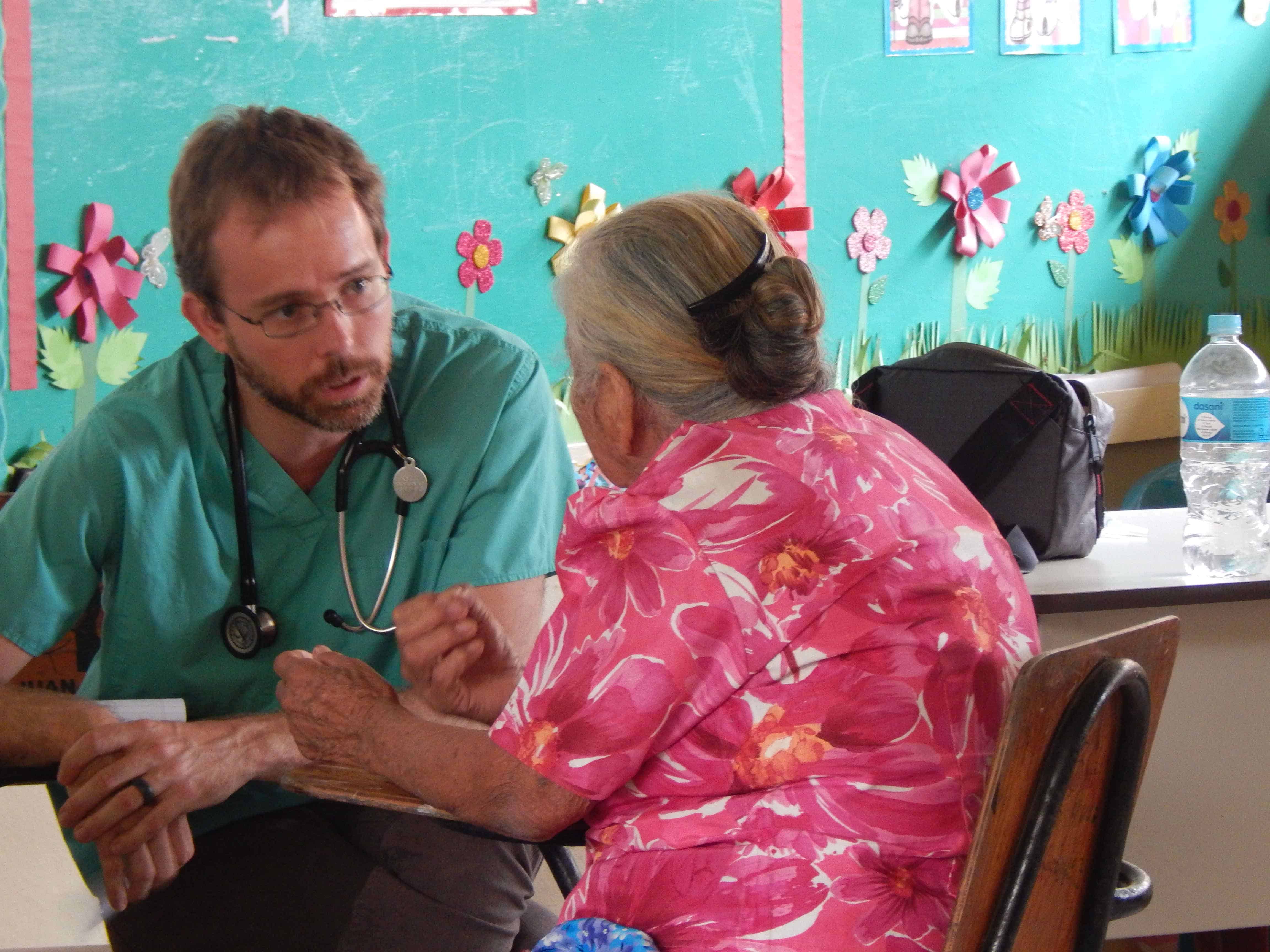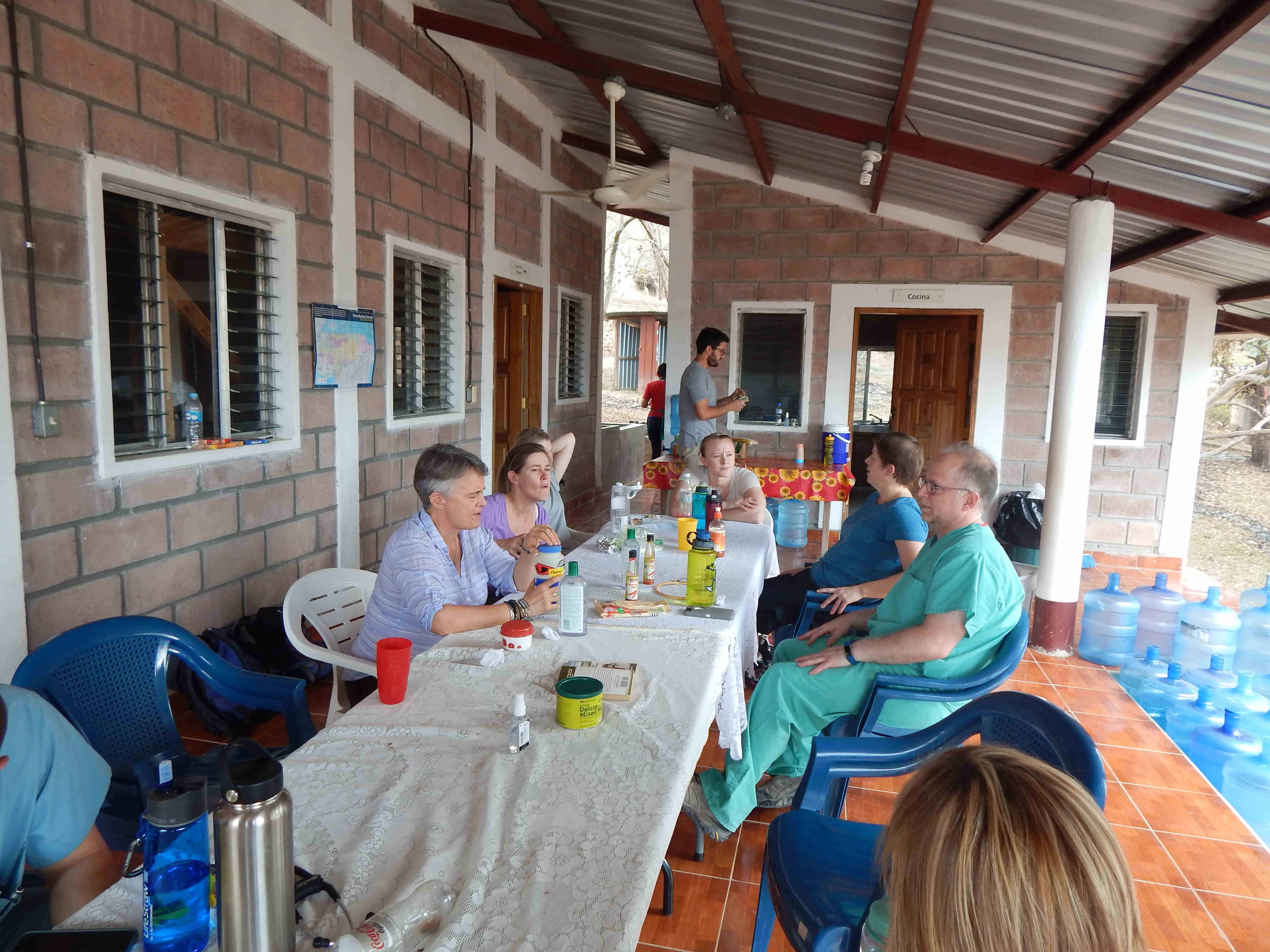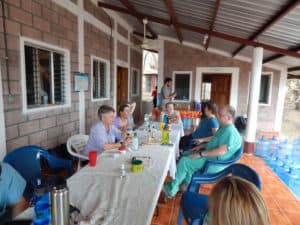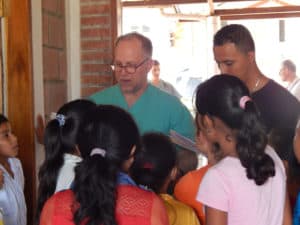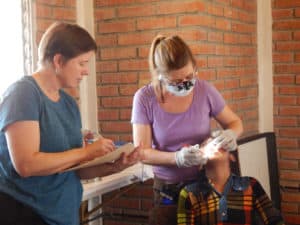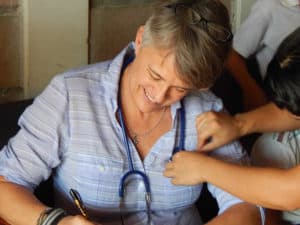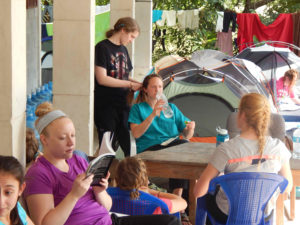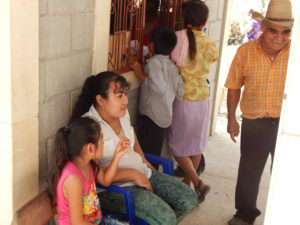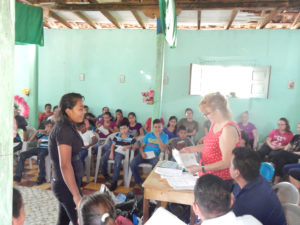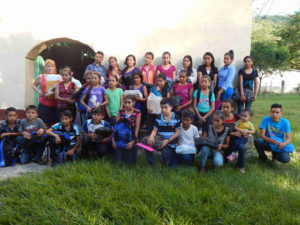We’re in the midst of our brigade season. We started February with UHMLA’s tremendously successful surgery brigade in La Esperanza. At the same time we welcomed the Brown / Wingate team to their clinic in Guachipilincito. Dr. Harris came a week early for that trip, and Dr. Tanksley has stayed on and will be there until May. The small MSHEC brigade, that I’ll speak about more, came just as the first two brigades were leaving. VCU / Fairfax / SAGE is presently working in Pinares. Board members and a whole bunch of good hearted individuals interested in assisting us in our education and nutrition missions are arriving this week. When they leave, we’ll transport our new mission partner, Ohio State University, to Santa Lucia for their generous medical mission. When they finish up, Wyoming will travel to their clinic in Agua Salada. That gets us finally to April, and Laura and I will finally breathe.
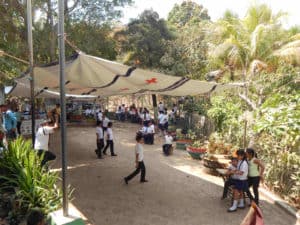
Don’t get me wrong, all of these people are incredible and they do incredible work. It’s just that we find ourselves a bit overwhelmed in February and March with the barrage of these groups. And where everything is new for all of them, Laura and I find ourselves doing the same things over and over for two months straight. It’s oddly ironic that this onslaught corresponds with the start of February and Groundhog Day. We pick up, transport, and drop off the various groups that all begin to look the same. We give them the same orientation, the same history of Shoulder to Shoulder, and when we answer the same question for the twenty-seventh time, we do our best to make it seem like we’ve never heard the question before, “Is it safe where we’ll be staying?” But these people have generous hearts, they are providing invaluable services, and just because things are commonplace to us, we need to be aware that these are once-in-a-lifetime experiences that inspire, enrich, and enliven those who come here and those whom they serve. We do our best to keep that attitude in the front of our minds. Still, we find ourselves yearning for the unique experience that can touch us as powerfully as it touches them and those they serve.
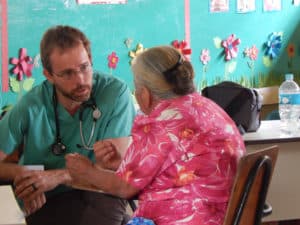
And how will that happen: with a lightning bolt, or by way of an earth shaking event? Elijah looks for God in the strong wind tearing apart the mountains, then in an earthquake, and then in a fire. God is not there, but God is found in a gentle breeze (1Kings 19:11-13). MAHEC came to Camasca and every afternoon they sat on our porch. Ostensibly, they came to use our internet that by luck is better than any internet available in the town. But for us, their daily presence was a gentle breeze that reminded us that there is a sweetness to life that should not be sacrificed for all the tremendous work that we are given to accomplish. It was an opportunity for us to find something much more profound than all the important work that we do. We became invested in coming to know a few very special people. It is the gentle breeze of friendship.
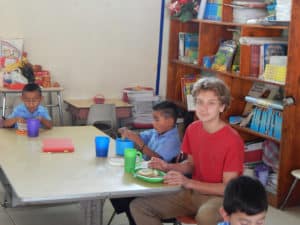
There were only seven of them: doctors Keith, Kyle, Winona, and Amy; the pharmacist Irene, the pharmacy student Melissa, and Amy’s 13 year old son Braxton (who spent his days at our bilingual school). They were humble and unassuming, four of them veterans to Camasca and the MAHEC brigades. They fit in to Camasca as if they were already residents and family of this town. Because they were so unassuming, it would be easy to forget the great service they provided. Every day they went off to the surrounding communities with Dr. Rolyn, the medical director for Shoulder to Shoulder here in Camasca, to provide field clinics and home visits for many who had not even seen doctors for years. They held a health fair in San Juan de Dios and that community received them with music, food, joy and appreciation. Braxton had a great time with the younger children at our school. On Saturday we brought them to the waterfall just over the border in El Salvador. On Sunday, Laura joined them on the climb up the Cerro Brujo (Witch’s Mountain). But every afternoon, they sat on our porch, stretched out in a hammock, and watched folks pass by on the main street below our house; a gentle breeze that softens and sweetens life.

For Laura and me, MAHEC gave us a great gift by the ease of their presence. We want to thank them. For Camasca, MAHEC’s service was exceptional. But here too, I think it is the gentle breeze that will be missed. Amy, Winona, Keith, Kyle, Irene, Melissa, and Braxton are friends of so many here in this small, quaint town of Camasca. The only payment for friendship is friendship. It is not something achieved, but only enjoyed as a gift of the heart. I walk out on my porch every afternoon and I feel their absence. I smile to know that they will return again. The gentle breeze focuses me on what is truly important.


